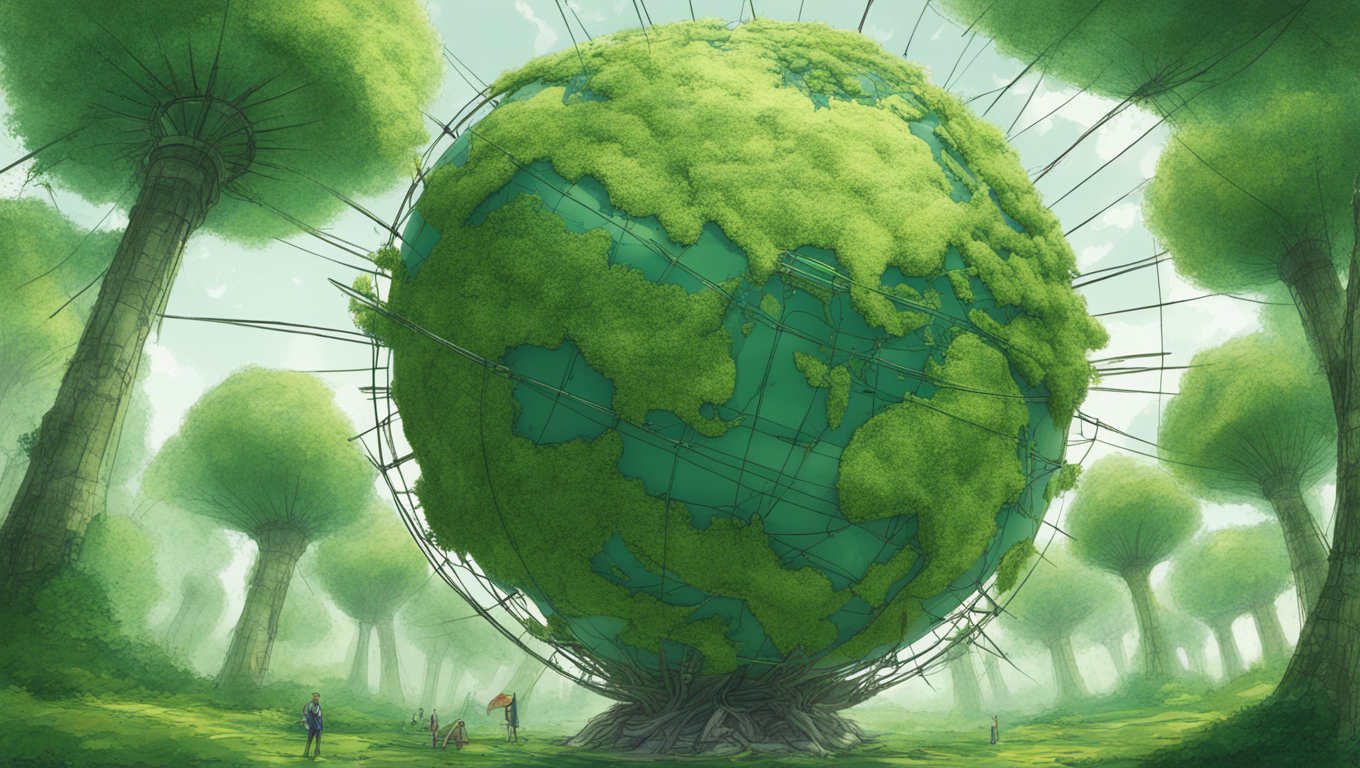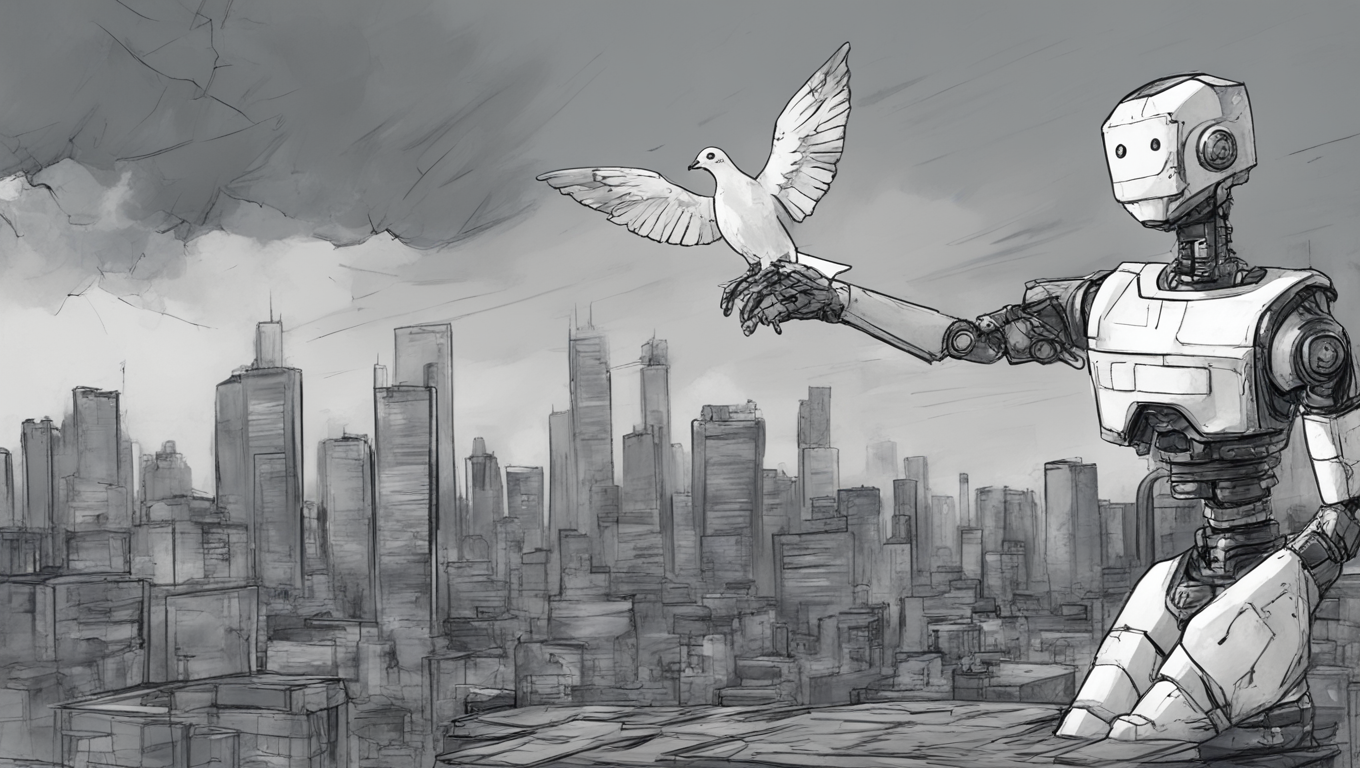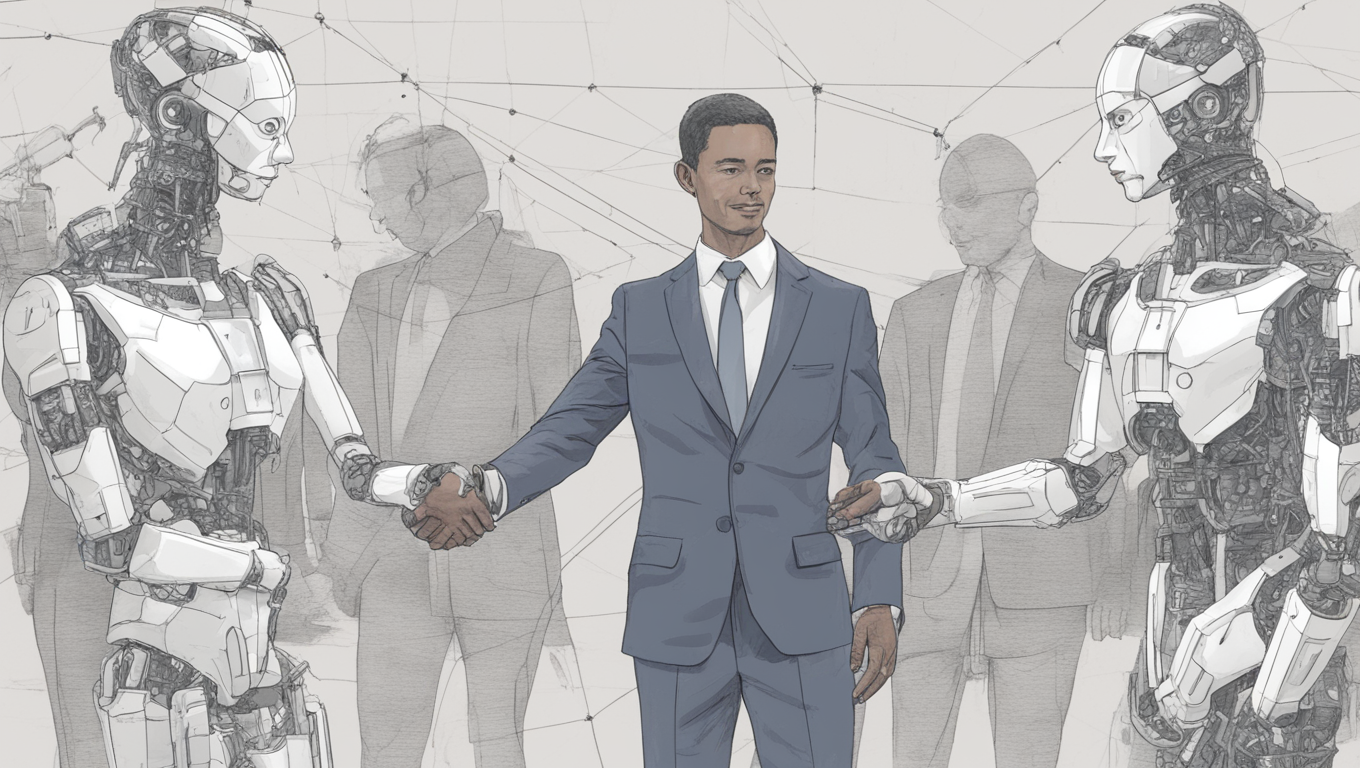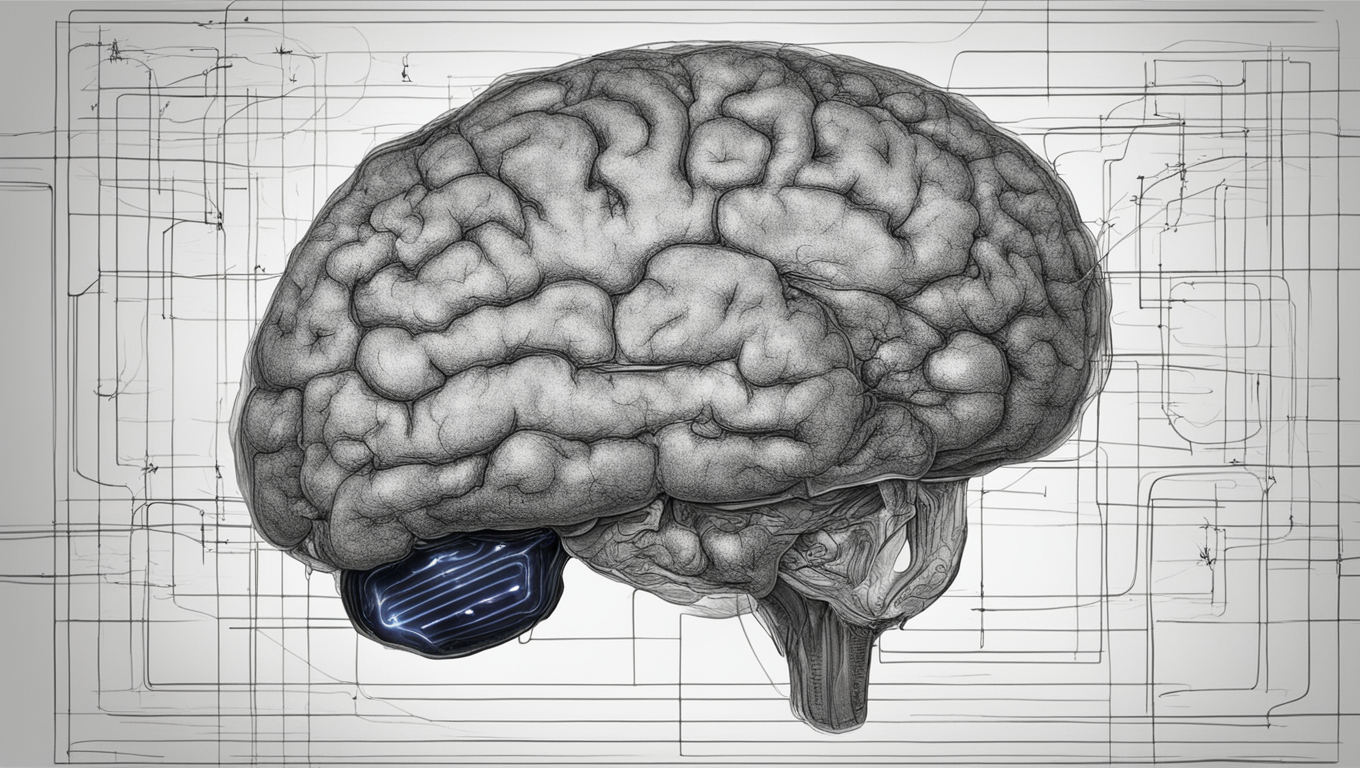Tackling Environmental Challenges: Google AI’s Impact
Climate change continues to wreak havoc, but companies like Google are harnessing the power of Artificial Intelligence (AI) to combat and adapt to this crisis. Google’s AI initiatives, showcased in the recent Google AI Now talks, highlight real-world applications that aim to conserve the environment.
One notable initiative is AnthroKrishi, currently being developed in India. Manish Gupta, Head of Google Research APAC, explains that AnthroKrishi utilizes AI to detect field boundaries and water boundaries, aiding in sustainable farming practices and improving crop yields. The project aims to support India’s massive population of 1.4 billion people and have a global impact.
Gupta emphasizes the significance of AnthroKrishi, stating, “Agriculture employs nearly half of Indian households, but it also contributes significantly to emissions.” By analyzing satellite imagery, AnthroKrishi provides comprehensive data to enable smarter farming practices, such as banks issuing loans based on expected yields and governments optimizing subsidy programs.
Implementing AI in agriculture presents challenges, including noisy ground data and validating models. Gupta acknowledges the importance of collaboration with government organizations and validation through pilots with state governments like Telangana and Maharashtra, along with IIT Bombay. This collaboration helps ensure accuracy, and Gupta highlights the intention to make AnthroKrishi freely available for real-world adoption.
Google Australia has collaborated with marine ecologists to save endangered giant kelp forests, which are rapidly depleting due to warming oceans. Using AI, Google analyzes high-resolution satellite images to map remaining kelp areas, a task that would be virtually impossible using manual methods alone. AI also aids genetic studies to identify heat-tolerant kelp strains that can repopulate dying reefs. Dr. Craig Johnson of the Institute for Marine and Antarctic Studies emphasizes the importance of Google’s AI technology, stating, “Without it, we would have absolutely no chance.”
AI’s impact extends to the aviation industry as well. Google’s contrails team, led by Dinesh Sanekommu, is developing AI systems to mitigate the aviation sector’s impact on the environment by optimizing flight routes around areas prone to contrail formation. Contrails, the condensation trails planes leave, contribute to artificial cloud cover that traps heat. By forecasting these regions using weather data and past flight paths, pilots can reroute flights to reduce contrail formation. In trials with American Airlines, Google’s AI system successfully reduced contrail formation by 50% on selected flights, showing promising outcomes.
Addressing concerns about AI’s energy consumption, Gupta highlights Google’s commitment to energy efficiency. He notes that Google’s data centers running AI workloads are already 1.5 times more energy efficient than standard data centers. Additionally, Google is actively researching algorithmic techniques to further reduce AI’s energy consumption. By 2030, Google aims to match 100% of its operational energy use with renewable sources.
Google’s AI mission is focused on responsible innovation. The company is committed to respecting privacy, avoiding biases in model development, quantifying negatives like data center energy use, and conducting AI safety research. Gupta acknowledges the challenges presented by large language models hallucinating untruths and emphasizes Google’s dedication to addressing these issues.
Google’s AI initiatives in tackling environmental challenges demonstrate a commitment to both innovation and responsibility. By harnessing the power of AI, Google hopes to make a positive impact on the environment and create a sustainable future.





Use the share button below if you liked it.